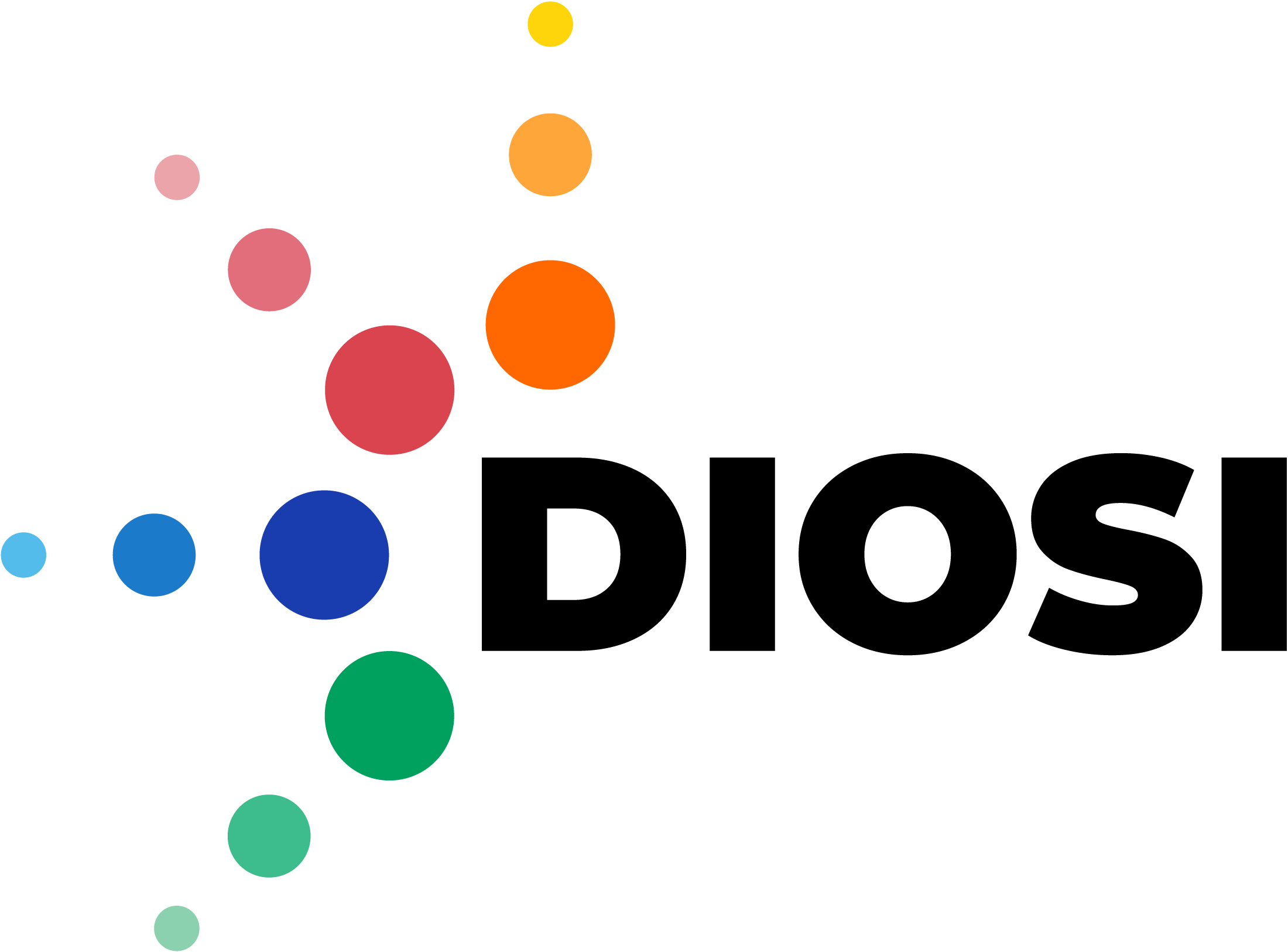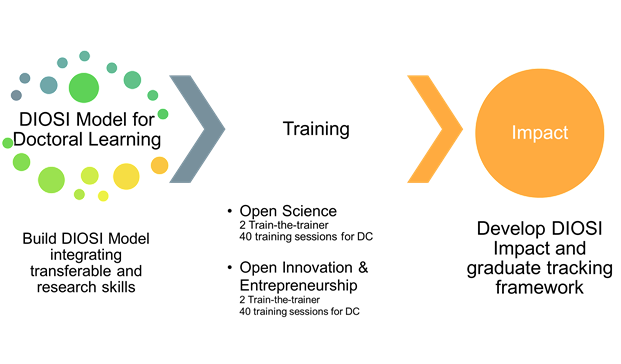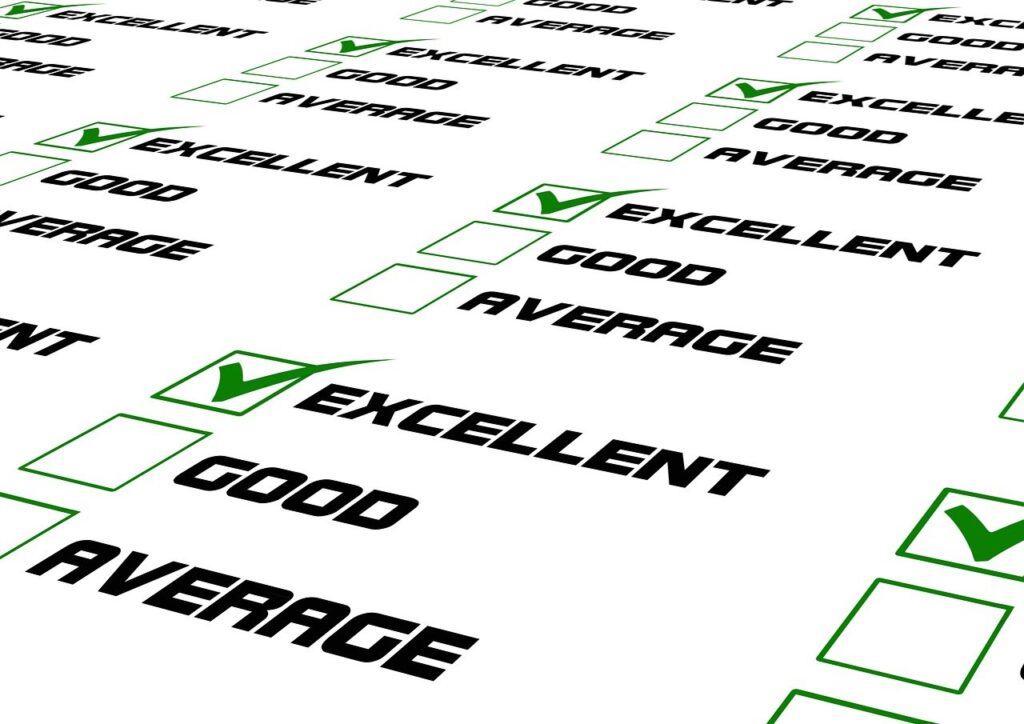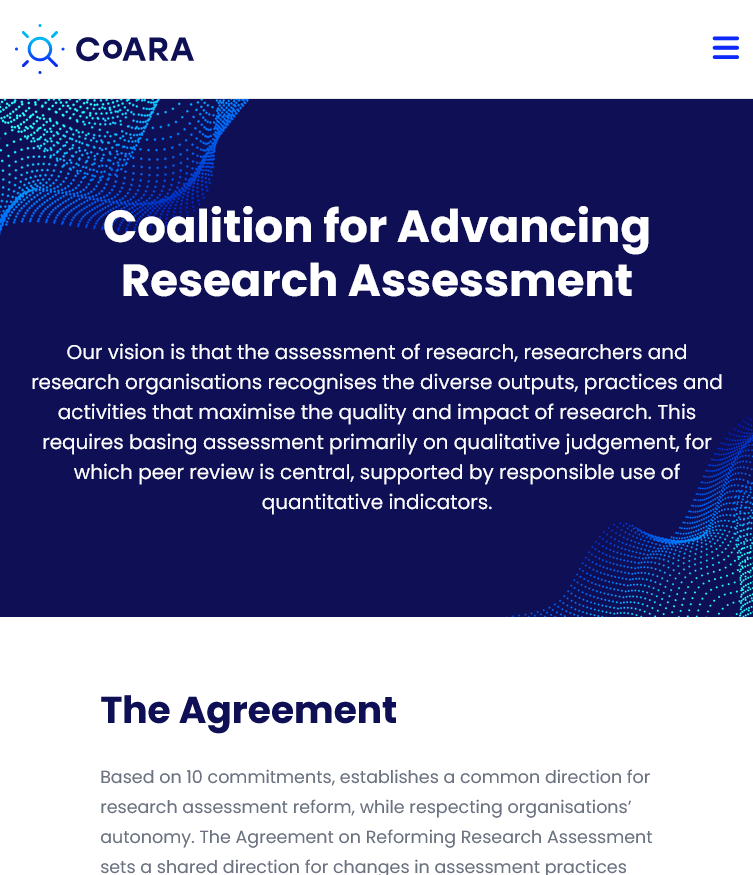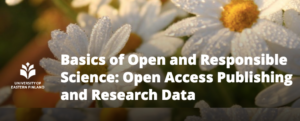News
DIOSI received an excellent review
Read more
PhD training is no longer fit for purpose — it needs reform now
Read more
The DIOSI Graduate Tracking Framework
CoARA, advancing on Research Assessment Reform: a conversation on possible implications for Early Career Researchers
From declarations to commitments: Agreement on Reforming Research Assessment
Read more
DIOSI project: a good example of Open Science and gender equality
The DIOSI project is mentioned as a good example in the European Research Area and Innovation Committee’s report on research evaluation in a context of Open Science and gender equality.

Photo by Artem Podrez in Pexels
‘This report provides stakeholders involved in research evaluation reforms with a set of guidelines that aim at fostering both Open Science and gender equality. Both topics are key dimensions in the implementation of a new European Research Area and provide policy and decision makers, funders as well as researchers with a unique opportunity to substantially renegotiate, through evaluation, the social roles and responsibilities of publicly funded research, as well as to rethink the science system as a whole.’
The DIOSI project is mentioned near the end of the report (see p. 44, last paragraph), under the heading of the 6th general principle : “Create a virtuous circle between training and evaluation”: As a general principle, researchers should only be assessed in regard to skills and practices for which they have been duly trained or are offered the opportunity to get trained in. Any change in research evaluation – including in regard to Open Science and gender equality – should therefore be accompanied by related reforms in the researchers’ and evaluators’ training schemes.
More info: Research evaluation in a context of Open Science and gender equality
Resources
Articles, reports & more
The Entrepreneurship Competence Framework (2016)
Digital skills for FAIR and Open Science (2021)
This report presents the EntreComp Framework. By producing a common definition of what entrepreneurship as a competence is, the framework aims to establish a bridge between the worlds of education and work and to be taken as a reference de facto by any initiative which aims to foster entrepreneurial learning. The framework is a flexible source of inspiration, to be used or adapted to support different contexts. For instance, EntreComp could inspire the reform of curricula in the formal education and training sector, the design of practical entrepreneurial experiences in non-formal learning contexts, or the development of tools for citizens to self-assess their entrepreneurial proficiency.

Entrepreneurship Competence Framework Report
The EntreComp Framework is made up of 3 competence areas: ‘Ideas and opportunities’, ‘Resources’ and ‘Into action’. Each area includes 5 competences, which, together, are the building blocks of entrepreneurship as a competence. The framework develops the 15 competences along an 8-level progression model. Also, it provides a comprehensive list of 442 learning outcomes, which offers inspiration and insight for those designing interventions from different educational contexts and domains of application.
More info: JRC Science for Policy Report – EntreComp: The Entrepreneurship Competence Framework (2016)
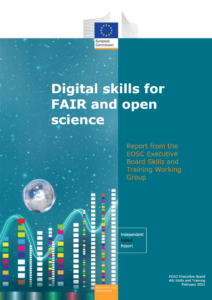 Digital skills for FAIR and open science are a cornerstone of the European Open Science Cloud (EOSC)’s operations and future. An EOSC network of skilled professionals is essential to bring a culture change for sharing research outcomes, and to empower individuals and institutions to develop and maintain EOSC competences, skills and capabilities.
Digital skills for FAIR and open science are a cornerstone of the European Open Science Cloud (EOSC)’s operations and future. An EOSC network of skilled professionals is essential to bring a culture change for sharing research outcomes, and to empower individuals and institutions to develop and maintain EOSC competences, skills and capabilities.
Digital skills for FAIR and Open Science The EOSC Skills and Training Working Group (WG) was formed in 2020 to identify a framework for building competence and capabilities for EOSC. The WG focused on four priority areas that form the major sections of this report: 1. Developing the next generation of FAIR and open science professionals: Presents a framework of all the EOSC actors (roles) in the EOSC ecosystem for whom skills and training is relevant. 2. Collaborating to enhance digital skills for FAIR and open science in Europe: Reviews organisational approaches to implement training activities and programmes, through the concept of competence centres. 3. Building a trusted and long-lasting and trusted knowledge hub of learning and training resources and related tools: Provides insights for an EOSC federated training catalogue as part of a sustainable training infrastructure that supports EOSC actors. 4. Influencing national open science policy for skills by supporting strategic leaders: Analyses the framing of digital skills required in EOSC in the wider European agenda for skills, to provide recommendations for Member States and Associated Countries on how to support EOSC in national skills policies and strategies. More info: Digital skills for FAIR and Open Science
